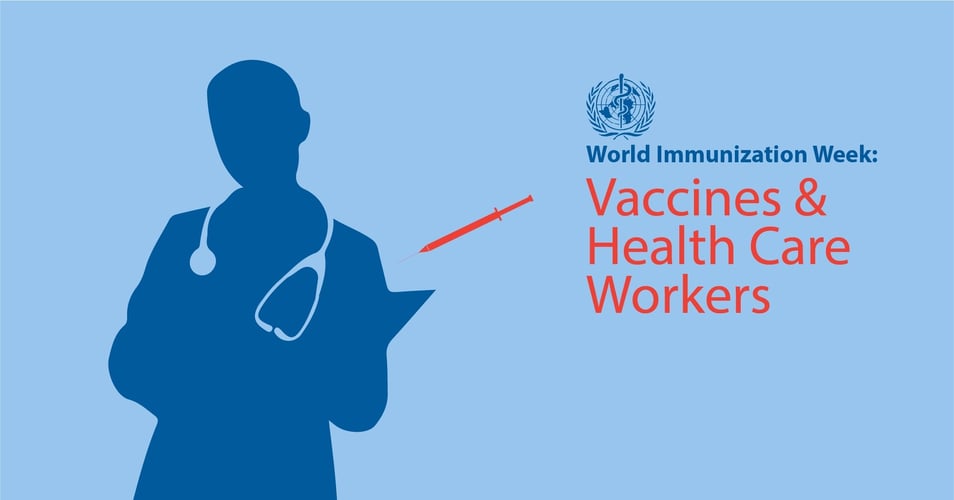What is a Community Health Center?

We are celebrating National Health Center Week by taking a moment to learn about these critical healthcare facilities and the services they provide. Since 1965, when the first Community Health Centers (CHCs) were founded, these clinics have become "pillars of affordable primary healthcare" for our nation (NACHC, 2025). In today's post, we'll look at the history of CHCs and their role in keeping Americans healthy today and into the future.
CHCs were first conceived in the 1960s by doctors and community members who recognized that there was an unmet need for affordable healthcare in overlooked communities. Originally known as Neighborhood Health Centers, the goal of these experimental healthcare initiatives was to provide preventative and primary healthcare in a community setting in "areas that mainstream medicine ignored with a mission change lives" (NACHC, 2024). Set up in storefronts, campers, and mobile units, the first CHCs were funded by the Federal Office of Economic Opportunity and were so successful that before long, CHCs were being set up across the country in rural, urban, and suburban settings and supported in part through the Public Health Service Act, discretionary funding, and mandatory funding through the Community Health Center Fund.
BY THE NUMBERS
Community Health Centers
Serve 32.5 million patients each year
Represent only 1% of US healthcare spending
Provide care for 1:5 uninsured individuals
Serve 1:3 people living in poverty
Serve 1:5 rural Americans
Support over 6.4 million patients in public housing
Care for 1.4 million individuals experiencing homelessness
Deliver mental health services to 2.8 million patients
Today, CHCs serve over 31 million Americans each year, and employ over 300,000 medical professionals. Their work has been demonstrated to remove barriers to care, reduce healthcare disparities, reduce ER visits and hospitalizations, and reduce healthcare costs. CHCs provide not only primary care, but also pharmacies, dentistry, mental health services, enabling services for those with disabilities. CHCs are often the first to respond during health emergencies such as natural disasters and disease outbreaks.
What does the future hold for CHCs? Currently, all CHC federal funding is set to expire on September 30, 2025 and no legislation has been introduced yet to reauthorize spending. This includes funding for the National Health Service Corps and Teaching Health Center Graduate Medical Education programs. If you are interested in showing your support for CHCs, this would be an excellent time to contact your government representatives!
![EOScu Logo - Dark - Outlined [07182023]-01](https://blog.eoscu.com/hubfs/Eoscu_June2024/Images/EOScu%20Logo%20-%20Dark%20-%20Outlined%20%5B07182023%5D-01.svg)




